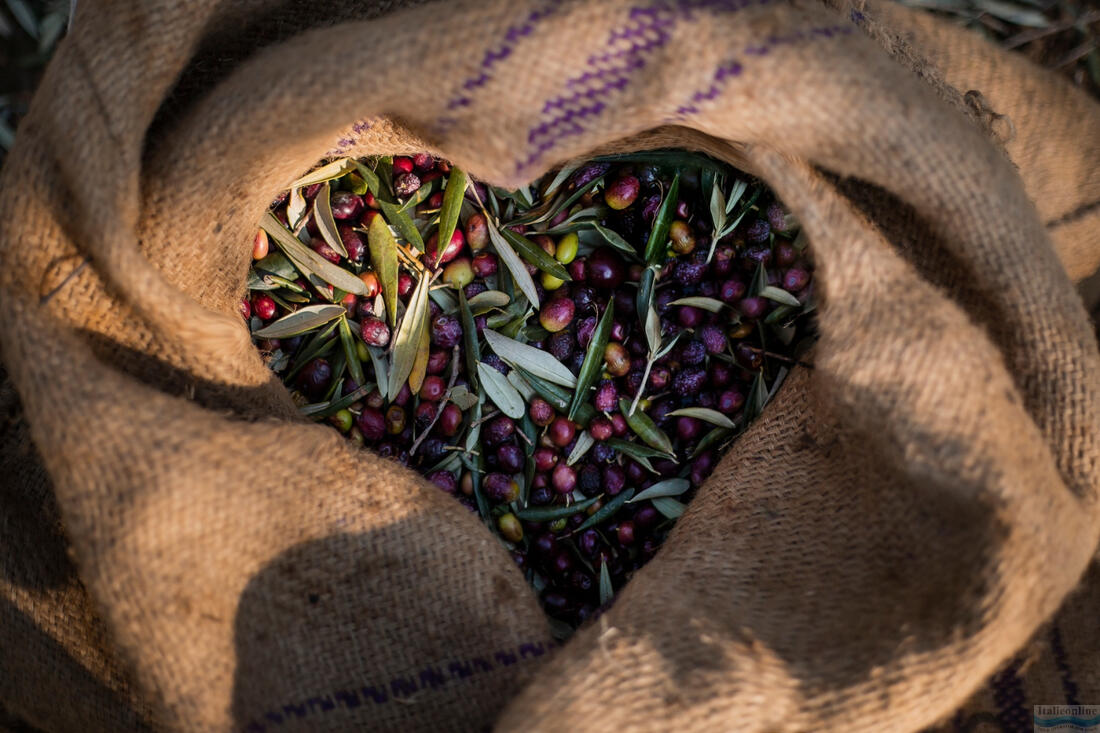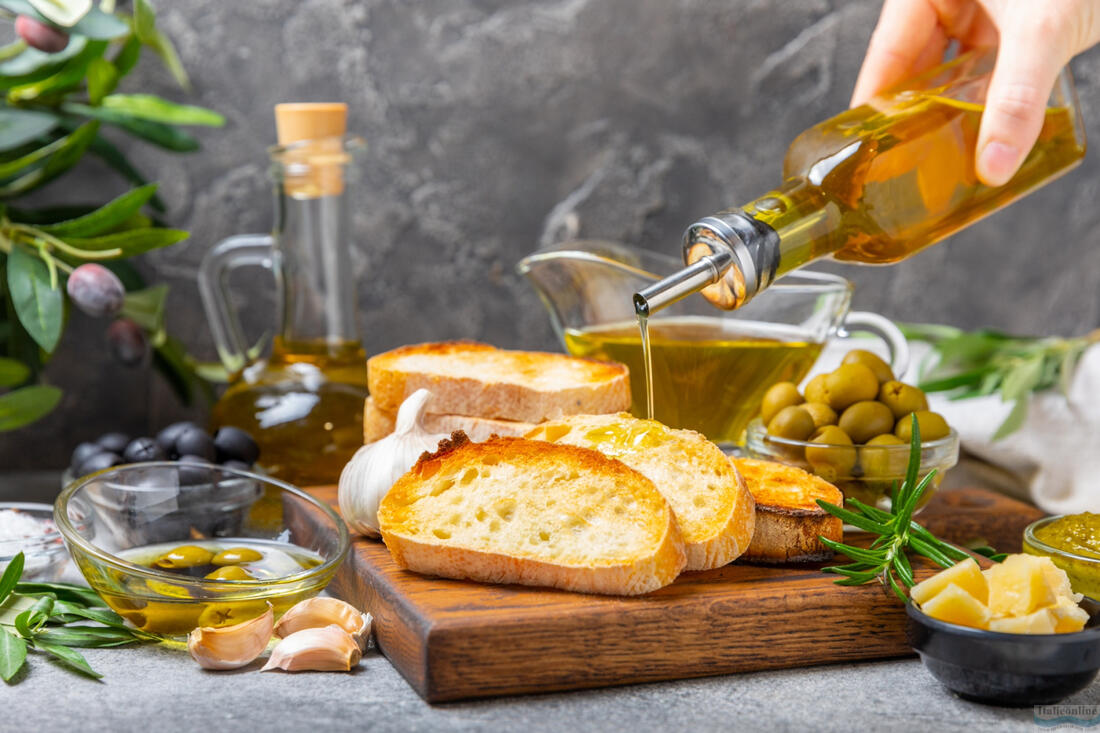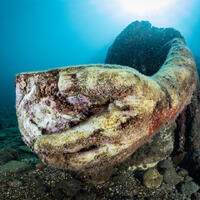It is produced in Tuscany (which is known for its intense and fruity extra virgin oils), Puglia (which is the largest producer of olive oil in Italyitaly, these oils often have a delicate and sweet taste), Sicily (produces oils with a strong flavour and a slightly spicy aroma) and Liguria (light and delicate oils with a mild fruity aroma).
Olive oil has beneficial effects on the functioning of the liver, gallbladder and pancreas, and protects the gastric and intestinal mucosa, lowers blood cholesterol levels and prevents cardiovascular disease and some forms of cancer. The main importance of olive oil lies mainly in its composition. In addition to its high content of unsaturated fatty acids, good quality oil also contains a high content of natural antioxidants and other important components. Antioxidants have a protective effect on the body's cells, increase the defences against free radicals and slow down the ageing process. Olive oil is especially valued for its easy digestibility.
It is obtained from olives by pressing or other mechanical processes. The harvest lasts from November to January, depending on the variety and the degree of ripeness. The olives are then cleaned, milled and pressed. The filtered oil is bottled. The oil must be pressed within four days of harvesting in order to preserve its quality and, above all, all the substances contained in the olives.

Quality olive oil can be recognised by its bitter, slightly pungent taste. The most important measure in determining the quality of olive oil is the acid content, which is obtained in several ways. The oil is tasted by smell, colour and taste.
The oil is stored in a dark place, at room temperature and in a closed bottle. If it is kept for a long time at a temperature below 10 degrees, it will become cloudy. It is not affected by the quality of the oil, after a while at room temperature it will return to its original consistency.
Unfiltered olive oils contain lecithin, which filtered oils contain only minimal amounts of. Unfiltered oil is cloudy and sometimes sits sediment at the bottom. Lack of lecithin causes increased nervous tension, nervousness, fatigue, exhaustion and lack of ability to concentrate.
Olive oils are divided into virgin, refined and blends of the two. Virgin oils are cold-pressed directly from the whole fruit and are divided into extra virgin, virgin and regular virgin oils. Refined oils are pressed at high temperatures and pressures and then chemically treated.

Olive oil is used in both hot and cold cooking. Extra virgin olive oil is often used as a dressing for salads. It is ideal for marinating meat, fish and vegetables. Virgin and refined olive oil is suitable for baking and frying due to its heat resistance. However, in Italy olive oil is also added to pasta, soups and stews to improve the flavour. And it is also used to flavour ready-made dishes such as bread, pizza and grilled vegetables.







